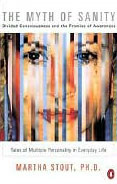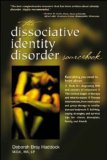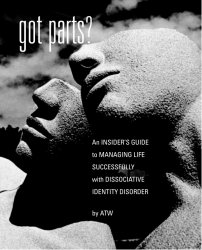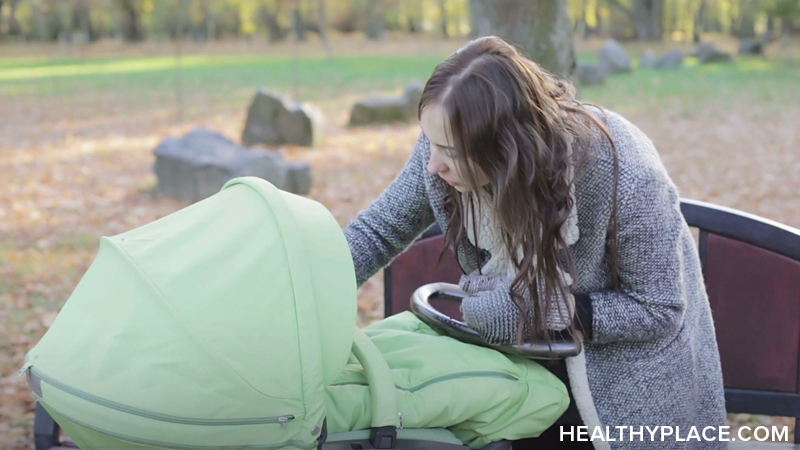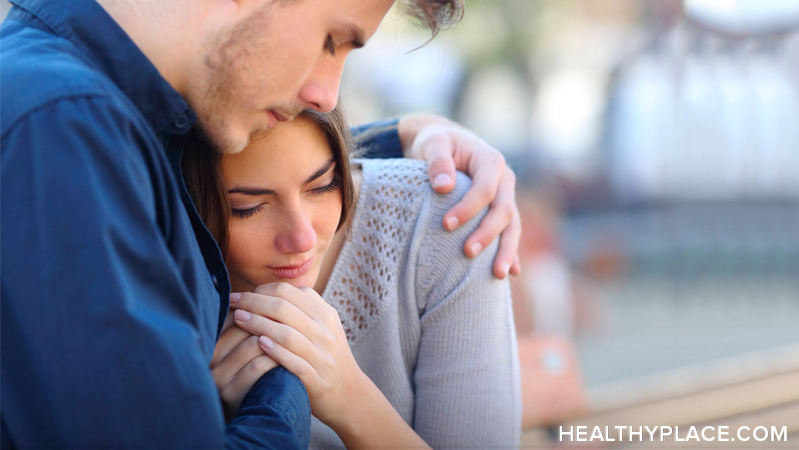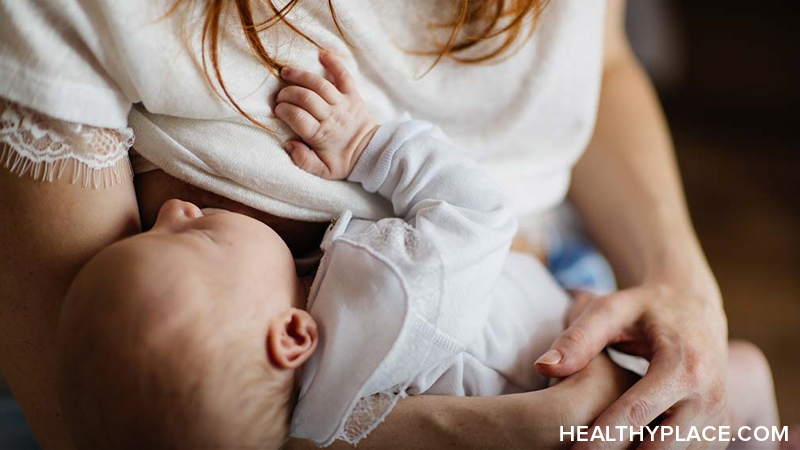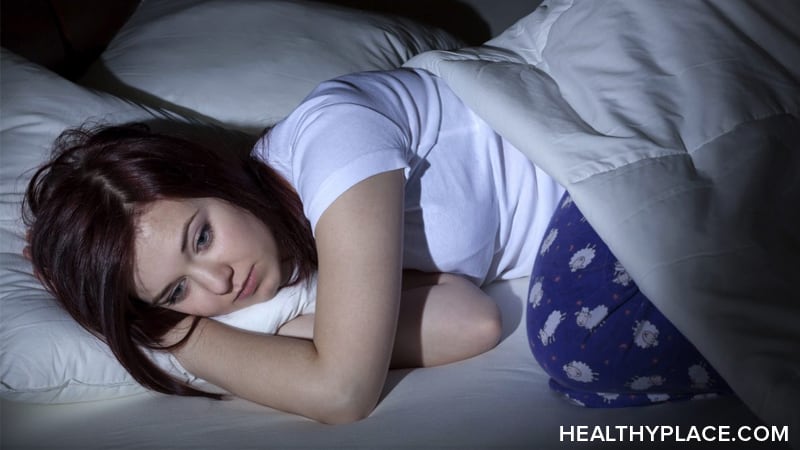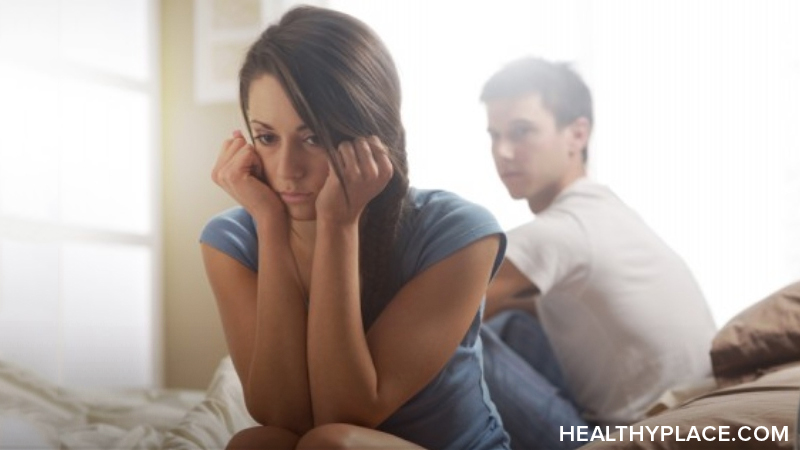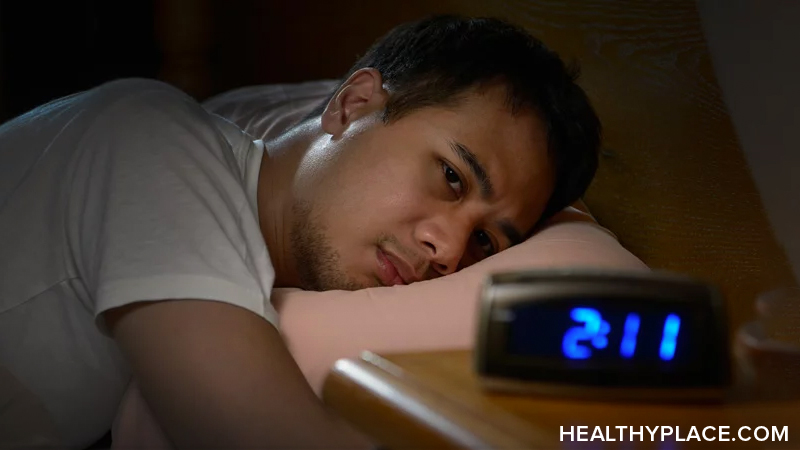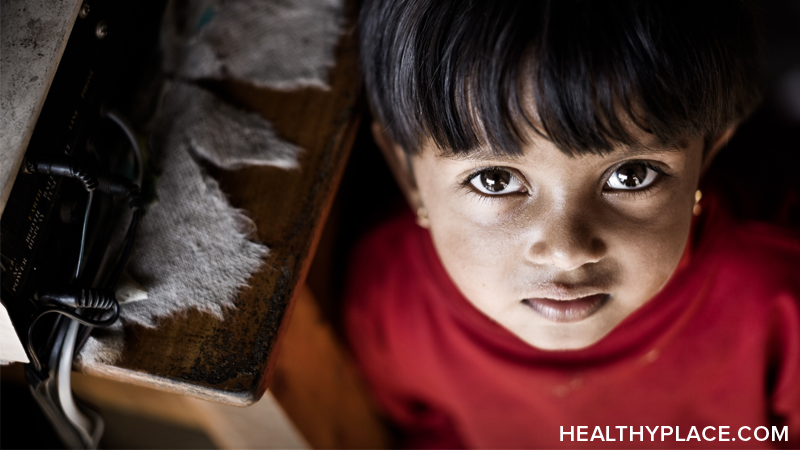I Have a Depressed Boyfriend/Girlfriend: Am I Bad for Leaving?
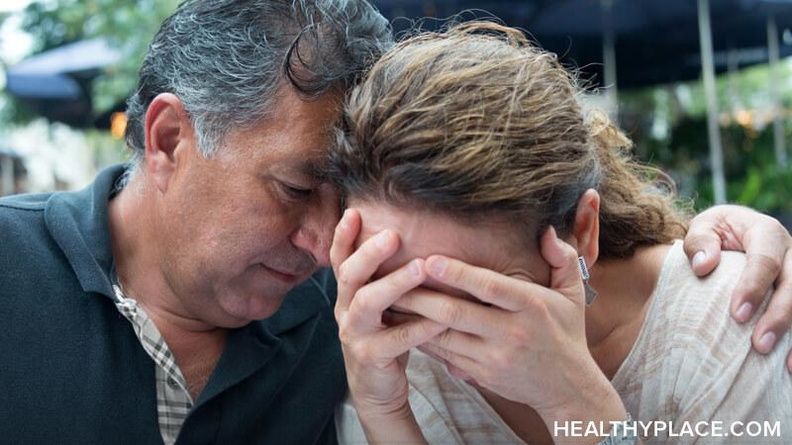
Being with a depressed boyfriend or girlfriend can be challenging, but it doesn't always spell doom for your relationship. Many people with depression maintain fulfilling relationships with their partners, and dating a depressed person is not all that different from dating a non-depressed person. Not all relationships are built to last, however. Sometimes, the best thing you can do for both yourself and your partner is to sever ties and walk away. So how do you break up with a depressed boyfriend or girlfriend, and are you a bad person for wanting to leave?
Breaking Up with a Depressed Boyfriend or Girlfriend: Things You Should Know
Breaking up with a depressed boyfriend or girlfriend should be the same as breaking up with any other person: you should state your reasons openly and honestly, be compassionate and set boundaries. Although a person with depression is not necessarily more vulnerable or likely to take the news badly, there may be some unique considerations to bear in mind.
Here are five things you should know about breaking up with someone who has depression:
You’re not a bad person
You haven’t done anything wrong by deciding to end the relationship. You cannot control your feelings, but you can control how you act on them. Most people have to end a relationship at some point in their lives, and while it is never a pleasant experience, it is the kindest thing you can do for someone you no longer want to spend time with romantically. Whether your partner has depression or not, you have the right to end a relationship that’s not giving you what you need or want.
Your depressed girlfriend or boyfriend doesn’t need your pity
Do not tell your partner that you feel like a bad person or that you hate yourself for hurting them. The last thing they want is for you to pity them or feel like you stayed in the relationship out of obligation. Of course, you can be as honest as you think is appropriate, but sometimes fewer details are better. You can simply state: "I'm sorry, I no longer feel happy in the relationship, and I don't want to be with you anymore." Make sure your partner knows exactly what this means: that you won't see each other for a while, that you're moving out, or that you need a few weeks to think things over.
Depression is not the reason for your breakup
Whatever you do, do not tell your depressed boyfriend or girlfriend that you are ending the relationship because of their mental illness. Depression doesn’t cause relationships to end. It may have been the catalyst for other issues (such as lack of intimacy or financial troubles), or it may have uncovered your lack of compatibility, but it is not to blame. Your partner cannot help being depressed, so citing this as the reason for your breakup will only make them feel worse.
Know that relationships aren’t easy
If you’re not sure whether to stay or go, remember that relationships aren’t always easy. Being with someone who has depression can be challenging, but there is every chance they will get better with time and treatment. The right relationship is one where you’re willing to do the work with your significant other, even when times get tough. Consider whether you were happy with your girlfriend or boyfriend before they were depressed, or whether you can imagine being happy again once they recover. (If you decide to stay, read "What to Do When Your Boyfriend, Girlfriend, Partner is Depressed".)
Threatening suicide is not a reason to stay
Are you worried that your depressed boyfriend or girlfriend will threaten suicide if you try to leave? This is surprisingly common, but it is not a reason for you to stay in the relationship. Threatening another person with suicide and telling them it’s their fault is emotional manipulation bordering on abuse. If this happens, you should stay calm, avoid getting into an argument, tell your partner you care about them but you’re not going to change your mind.
If your depressed boyfriend or girlfriend threatens suicide, it's important to find them the help and support they need. Don't ignore their threats, and don't leave them unattended unless you believe you are in danger. Call a parent or trusted friend, and if you're worried about their immediate safety, dial 911 or your local emergency services without delay. You can also call The National Suicide Prevention Lifeline (1-800-273-8255) for crisis help.
APA Reference
Smith, E.
(2022, January 3). I Have a Depressed Boyfriend/Girlfriend: Am I Bad for Leaving?, HealthyPlace. Retrieved
on 2025, October 27 from https://www.healthyplace.com/depression/relationships/i-have-a-depressed-boyfriendgirlfriend-am-i-bad-for-leaving

 Author Maggie Claire was a guest on the HealthyPlace TV show. She talked about the long-term impact of being sexually abused as a child.
Author Maggie Claire was a guest on the HealthyPlace TV show. She talked about the long-term impact of being sexually abused as a child. 


